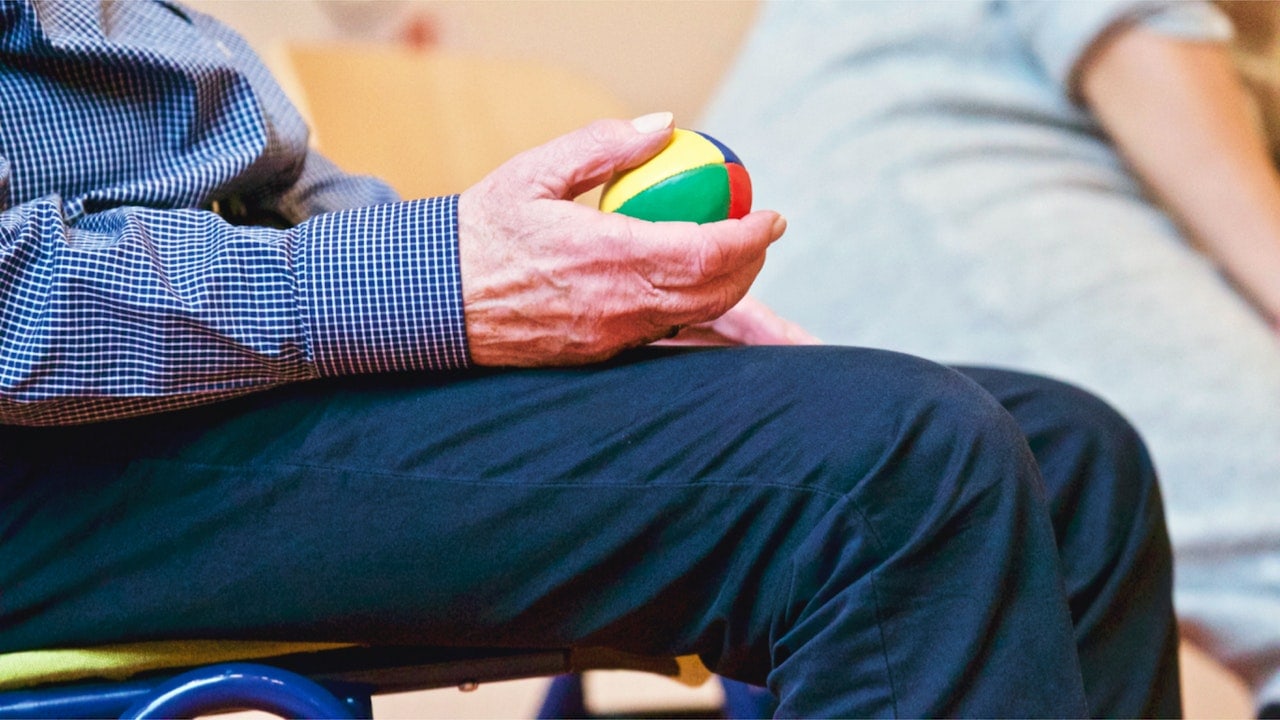
Neuropathy
By Ann Constantino,
Photo by Matthias Zomer.
Neuropathy is a catch-all term used to describe a collection of symptoms affecting the nerves ranging from mild numbness and tingling to sharp pains to weakness and even paralysis depending on what nerves are affected and how extensive the damage is.
Neuropathy is estimated to affect up to 5% of the general population, increasing to over 10% in people over 55 years of age. The recent rise in diabetes has made neuropathy a household word as those with the metabolic disease tend to be the most afflicted.
Many other health conditions can lead to neuropathy, including autoimmune and inflammatory conditions, high blood lipid levels, medications, vitamin deficiencies, tumors, alcohol abuse, and some genetic disorders. Progress of the disease as well as treatment for it may depend on the cause identified, although many cases of neuropathy are considered idiopathic, that is, with no known cause.
Neuropathy in the nervous system
Neuropathy affects the peripheral nervous system, composed of sensory, motor, and autonomic nerves.
The human nervous system is divided into two parts: the central nervous system, comprised of the brain and spinal cord, and the peripheral nervous system, which includes everything else, including the nerves of the face as well as the autonomic nervous system (which governs all of our automatic systems such as blood pressure, sweat, emptying of bladder and bowel, heart rate and digestion). Neuropathy affects the peripheral nervous system, which in turn is composed of sensory nerves, motor nerves, and autonomic nerves.
Sensory nerves
Sensory nerves are the part of the peripheral nervous system that carries information from the body to the brain. When they’re not working right, your brain does not receive important information. With sensory impairment of neuropathy, you might not feel changes in temperature in your feet, you might have numbness or tingling, and you might have sharp pain caused by the confused firing of damaged nerve fibers. Loss of proprioception makes it difficult to sense where your hands and feet are in space. In more advanced cases the lack of sensory protections can lead to unnoticed injuries, such as being unaware that you have stepped on broken glass. In diabetics, daily checks of the extremities for signs of injury are recommended.
Motor nerves
Motor nerves send orders from the brain to the rest of the body. When you want to pick up your morning cup of coffee, it is via the motor nerves that the brain tells the hand to reach for the caffeine. Motor neuropathy manifests as weakness and paralysis. Muscle atrophy will shrink the muscles of the lower leg, feet, and hands. Sometimes cramping or involuntary movements occur in patients with motor neuropathy.
Autonomic nerves
Neuropathy of the autonomic nervous system causes systems normally on efficient auto-pilot to malfunction, sometimes sporadically, sometimes completely. Diabetes again is the most frequent culprit, although some medications and both bacterial and viral infections can be to blame. When these systems don’t work right, you might experience urinary malfunction, digestive difficulty, dizziness and fainting, sweating problems, and especially troubling to diabetics, the signal of shakiness that warns of low blood sugar simply doesn’t happen.
The way neuropathy does its damage is twofold. Demyelinating neuropathy occurs when myelin, the protective sheathing around nerve fibers, deteriorates or forms incorrectly, affecting the efficiency of the signals traveling along the nerves.
Axonal degeneration is the most common pattern seen in peripheral neuropathy and happens when the part of the nerve cell that branches out toward other nerve cells in order to conduct information, (the axon), deteriorates and dies off. Axonal degeneration tends to affect the legs and feet more severely because longer axons are present in these body parts that are more distant from the brain.
Treatments
Lifestyle changes and exercise can almost always be helpful in mild cases.
Lab tests, health history, neurological exams, and imaging might all be helpful in diagnosing neuropathy.
The effectiveness of treatment for neuropathy depends on the cause if it can be identified as well as the severity of damage to the nerves involved. Working closely with your provider will give you the best options for relief. Most cases are not dangerous, but many are far more than a mild inconvenience, so it is well worth seeking a thorough diagnosis when the condition interferes with everyday life.
Lifestyle changes and exercise can almost always be helpful in mild cases. Medications, physical therapy, transcutaneous electrical nerve stimulation (TENS), podiatry foot care, and even surgery may be helpful in more advanced cases.
Natural treatments incorporate exercise, which both lessens the effects of neuropathy’s causes as well as improves muscle tone which is thought to improve nerve signaling. Dietary modifications that fight inflammation and blood sugar spikes and add fiber while limiting sodium and trans fats can be helpful. Acupuncture is often very helpful for pain relief.
According to the Foundation for Peripheral Neuropathy, the following vitamins and supplements can be helpful: B-complex vitamins, Vitamin E, Alpha-lipoic Acid, Acetyl-l Carnitine, N-Acetylcisteine, Omega-3 Fatty acids, Magnesium, Calcium, and Glutamine. Before you clean out the shelves at Chautauqua by purchasing all of these things, meet with your provider. Because so many cases of neuropathy can be of unknown origin it makes sense to work with a professional who can help you narrow down what might be your most effective treatment options.
Being seen sooner rather than later can also be a factor in the success of treatment. So if you’re noticing any mild symptoms now, make an appointment to talk things over with your provider.
Ann Constantino, submitted on behalf of the SoHum Health’s Outreach department.